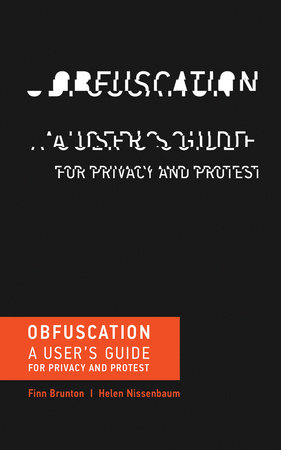michiel ha recensito Obfuscation di Finn Brunton
Not a practical guide, in spite of what the title says
4 stelle
The book starts with a compact overview of what obfuscation is, and why it might be a good privacy-enhancing strategy. But considerable space is devoted to discussing the moral framework in which you might choose to use obfuscation.
Most non-fiction books, especially those trying to argue a point, tend to gloss over details. While reading them, your mind starts to form counter-arguments. "That's a bit convenient, " you might think. "But what about...?"
In Helen Nissenbaum's writing, you'll find that she's anticipated your "what about ...?". In fact, she's anticipated the counter-arguments of someone considerably smarter than you. And she'll explain the contrary view in detail, with great kindness, before taking it apart piece by piece. And then she'll move on to a counter-argument you hadn't even thought of.
All of this does not make for light reading. Don't let the small size of this book (70-ish pages excluding footnotes) …
The book starts with a compact overview of what obfuscation is, and why it might be a good privacy-enhancing strategy. But considerable space is devoted to discussing the moral framework in which you might choose to use obfuscation.
Most non-fiction books, especially those trying to argue a point, tend to gloss over details. While reading them, your mind starts to form counter-arguments. "That's a bit convenient, " you might think. "But what about...?"
In Helen Nissenbaum's writing, you'll find that she's anticipated your "what about ...?". In fact, she's anticipated the counter-arguments of someone considerably smarter than you. And she'll explain the contrary view in detail, with great kindness, before taking it apart piece by piece. And then she'll move on to a counter-argument you hadn't even thought of.
All of this does not make for light reading. Don't let the small size of this book (70-ish pages excluding footnotes) fool you. But still recommended.

